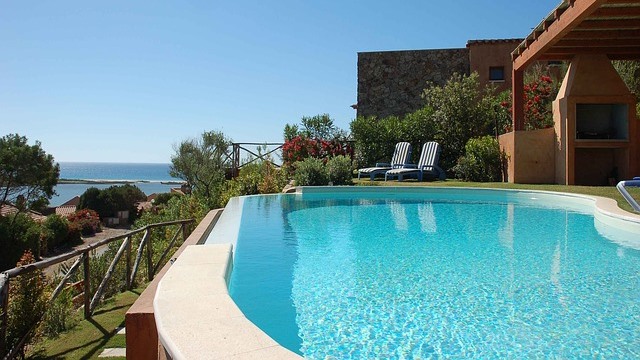Second Homes Account for 13% of Spanish Property Purchases
According to recent research from property portal fotocasa, around 13% of the houses sold in Spain this year have been investment properties or second homes. Principal residences remain the most popular reason behind buying a home, with around 75% of the market share, although buyers are increasingly seeking investment properties to either rent out to tourists or keep for family vacations.
The report reveals that 57% of second home buyer in Spain have an average age of 46, while 29% are over 55, 27% between 35 and 44 years old and following behind are 25 and 34-year-olds with a 25% market share.
When looking at the type of housing they consider, 39% were looking for second-hand housing with 5% preferring to look at new property. 56% had no preference between new and second-hand.
Of those who went ahead with the purchase, 87% bought a second-hand property (over a year old), while 10% bought a newly completed property. Only 3% bought a property off-plan or under-construction.
As for the area, 21% of those who bought or sought to buy second-hand housing as a second home last year were from Madrid, 17% from Andalusia, 13% from Catalonia, 8% from the Basque Country and another 8% from Valencia. The other 33% were from other autonomous communities.
Majority of Property Purchases to be Short Term Holiday Lets
Over a third of buyers (34%) bought their second home with the intention of placing it in the rental market for short-term/holiday lets. A further 7% intend to offer their property for long-term rentals, while the remaining 59% have no plans to rent their property.
Those who do plan to rent out their property on a short-term basis say they are doing so mainly for profit rather than to help pay the mortgage.
“Most people who bought or looked for a home to buy as a second home in the last year do not plan to rent it (59%). But among those who do plan to do so, the owners who rent it as a vacation home (34%) will outnumber those who will do so as residential rent (7%),” explains Beatriz Toribio, head of Studies at fotocasa.
“This is one of the factors causing rental prices to rise strongly, as the high returns that the owners perceive in relation to tourist rental, leads them to opt for this rent instead of the residential one and that reduces the offer of the latter”.
Those who purchased a second home but have no plan to offer it for rent say the reason is that they plan to use the property with their family and do not want tenants to “ruin” their property.
Long Term Renters being priced out of Market
As Spain’s tourist economy has expanded at record rates over the last five years, the number of 2nd home buyers in the country has increased significantly, as landlords seek to profit from more expensive short term lets. This has caused a new problem to arise in Spain, where there are more people looking to rent their first home who are unable to afford to get on the property ladder.
The lack of supply of reasonably priced rental property that is likely to be available for rental over several years is creating a huge demand in the long term market, largely being ignored by landlords. In an attempt to regulate the holiday home sector, Spain has introduced registration for all properties let over short periods of time with big penalties for those landlords not complying.
The response to the new system has been far from overwhelming, with just an estimated 5,000 properties listed on the official holiday homes register. However, pressure on landlords not complying with the new law in mounting as local governments scour portal websites like AirBnB to catch unregistered landlords out.




